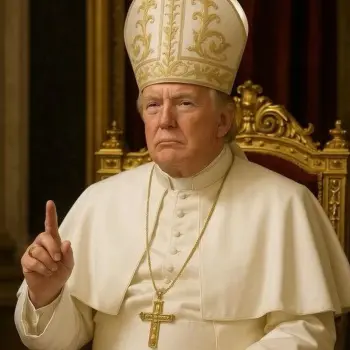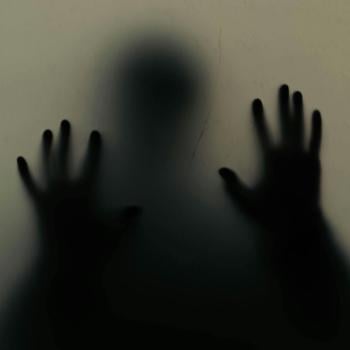As the Whedon experts suggest, the power of community, of diverse individuals who discover they need each other, is familiar material to fans of the Buffy story, for while Buffy was once The Slayer, alone and solo, she was even then joined and uplifted by Xander and Willow, by the librarian (and her personal Slayer mentor) Giles, and even at various times by monsters and cheerleaders. While Buffy was the point of the spear, it was the research of Giles and Willow, the emotional support of Xander and love interests Angel and Spike, even the drive provided by frenemies Cordelia and Hope that gave her the info and the strength she needed to save the world time and again.
While Whedon identifies himself as an atheist, this favorite story is nonetheless a familiar story to those of us in faith communities; the apostle Paul told it metaphorically by referring to the Body of Christ, in which every member, even those less visible or less dramatically beautiful, play an important part. We can't all be Buffy, Paul said, we don't all have those gifts. But that doesn't mean that Andrew or Willow isn't somehow essential.
You can't have Scoobies without the plural.
I was telling a creative writing student the other day that one of the archetypal stories we write is Save the World.
Think of that great first season of Heroes: Save the cheerleader. Save the world.
Think of The Guardians of the Galaxy, a supergroup made up of a talking raccoon, a giant tree, and various other misfits most of you haven't even met yet, but on its way to becoming a cool major motion picture about a group of people coming together to, well, guard the galaxy.
Joss Whedon is consistently writing that story, whether the world is, well, the world, or the world made up of a community gathered together out of love and common purpose.
We need each other to survive and thrive. We need to come together, put our gifts in service of something larger than ourselves.
We need to be a part of saving the world, whatever that means.
And someone has to tell us stories that remind us of that—which is a primary reason I love Joss Whedon.





